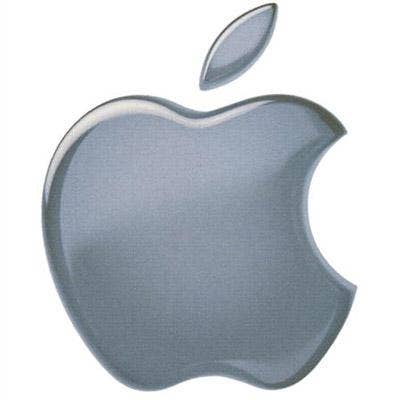Five Companies That Dropped The Ball This Week

Amazon Web Services Goes Dark, Takes Down Bunch of Web 2.0 Sites
Amazon is dealing with the fallout from a Wednesday night service outage in its Elastic Compute Cloud (EC2) and Relational Database Service cloud computing services that took down several popular Web sites, including Foursquare, HootSuite, Quora and Reddit.
Amazon has been hit with EC2 outages in the past, but this latest one is notable for the domino effect it's creating with other services. Worse, cloud competitors are probably already working the incident into Powerpoint presentations that claim that their offerings are resistant to this sort of thing.

Acer Names New President Who Lacks Background In Mobile Devices
Acer replaced ex-CEO Gianfranco Lanci this week with company veteran Jim Wong, who for the past decade has been leading the company's PC product development and logistics. Wong will lead Acer's new tablet and smartphone division, but some analysts are skeptical about the appointment because Wong's background is mainly in PCs and not in the mobile space.
Lanci was reportedly a strong advocate of tablets and smartphones and resigned earlier this month after a disagreement with Acer's board. Acer says it's now on board with mobile devices, but many analysts believe that losing Lanci will greatly hamper the company's efforts to get momentum on this side of the business.

Apple's Blowout Q2 Dinged By Weak iPad Sales
Apple is the biggest mobile device company on Earth in terms of revenue. It has exceeded Wall Street's expectations in every quarter since 2003 and its last several quarters are the kind of stuff that's making rival CEOs tear out their hair.
But in Apple's Q2 earnings call, company executives acknowledged that it isn't making iPads quickly enough to meet demand. After selling 7.33 million iPads during its holiday Q1, Apple sold just 4.69 million iPads in Q2, while Wall Street analysts were expecting sales of 6.3 million. This was likely due to Apple's rollout of the iPad 2 in March causing people to put off iPad purchases, as well as a shortage in iPad 2 supply in the wake of its March 11 launch that still persists.
Apple says it's furiously ramping up iPad 2 production and expects the ongoing shortage to soon cease, but it looks like the company missed an opportunity here to sell even more of the prized tablets.

RIM Grilled For Playbook Deficiencies
The RIM Playbook shipped this week, and instead of hailing the arrival of a new tablet competitor critics instead feasted on the opportunity to points out its flaws. Consensus opinion is that RIM shipped the Playbook in a half baked form, perhaps due to the pressure the company is feeling to get a tablet device on the market.
There's no arguing with the lack of features such as native email and calendar. These can be accessed using a bridge to a Blackberry smartphone, but AT&T has decided it needs to "review" RIM's Bridge app and thus it's not yet supported by the carrier.
RIM's Playbook is priced right - $499, same as the cheapest iPad -- and it has many nice features, but it arrives with a whole bunch of questions that will probably be a red flag for many potential buyers.
Oracle Waves White Flag Of Surrender On OpenOffice.org
In an apparent fit of benevolence this week, Oracle decided to ditch its commercial version of OpenOffice and make OpenOffice.org a "purely community-based open source project".
"We intend to begin working immediately with community members to further the continued success of Open Office. Oracle will continue to strongly support the adoption of open standards-based document formats, such as the Open Document Format (ODF)," Edward Screven, Oracle’s chief corporate architect, said in a statement.
But in case anyone actually believed this claptrap, Ars Technica pointed out this week that Oracle really had no choice after a group of OpenOffice contributors forked the project and created an alternative called LibreOffice.